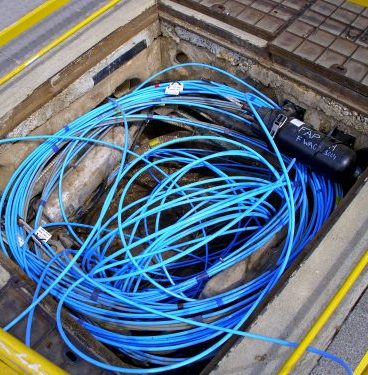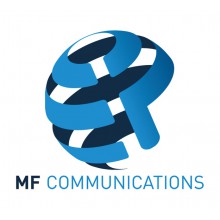Ofcom confirms new rules for business networks
Ofcom recently reviewed the physical infrastructure market (access to Openreach’s ducts and poles) and connections that are used by business broadband networks.

Its recommendations include offering businesses unrestricted access to Openreach’s ducts and poles.
Companies laying high-speed fibre cables for broadband and mobile networks will benefit from greater access to Openreach’s existing infrastructure of telegraph poles and underground tunnels.
Openreach, which maintains the UK’s main broadband network, is already required to let rival companies use its telegraph poles and underground ‘ducts’ to lay their own fibre networks, under rules set by Ofcom last year.
These new rules could help cut the upfront cost of building full-fibre networks by around half.
Until now, however, this measure has only been available to companies focusing on residential and small-business customers. Under the new rules, companies serving large businesses, as well as those laying high-speed lines that support mobile and broadband networks will be able to take advantage of this.
By extending access to business networks, this will allow companies to use Openreach’s infrastructure for all telecoms services, improving the business case for them to invest in cutting-edge, full-fibre and 5G networks.
Business Connectivity Market Review
Ofcom’s Business Connectivity Market Review looks at ‘leased lines’ – high-speed data connections used by large organisations, which form the backbone of the UK’s mobile and broadband networks.
In areas of the country where Openreach faces limited competition from other leased-line networks, Ofcom will continue to regulate what Openreach can charge providers for using these services, keeping prices flat. Ofcom has also imposed strict requirements on Openreach for repairs and installations, to ensure high service standards are delivered.
In many areas, there are no rival networks present at Openreach’s exchanges. Even with duct and pole access, network competition is unlikely to emerge for connections from these exchanges. Here, Openreach will be required to give competitors physical access to its fibre-optic cables, at a price that reflects its costs.
This service is called ‘dark fibre’ because the cables are ‘lit’ by competitors with their own equipment. Introducing dark fibre in only these areas will significantly reduce the cost for mobile and broadband operators to connect their networks, without undermining their incentives to lay new, competing for fibre cables where it is economic to do so.
Where there is stronger network competition or prospective competition, regulation will be lighter than existing rules, to allow this competition to flourish.
2021 wholesale fixed telecoms market review.
From 2021, Ofcom will regulate business and residential markets together, so companies investing in full-fibre can offer a range of services over a common underlying network, serving both homes and businesses.
MF Communications supplies business telecoms solutions, business phones, PBX systems, remanufactured parts, equipment and business telecommunications services to companies in over 125 countries, worldwide. Our team of business telecoms engineers and telecommunications experts share extensive telecoms industry experience, a strong reputation for providing quality products and exceptional customer service and care.
Contact us, or call 01892 514687 to find out more.


